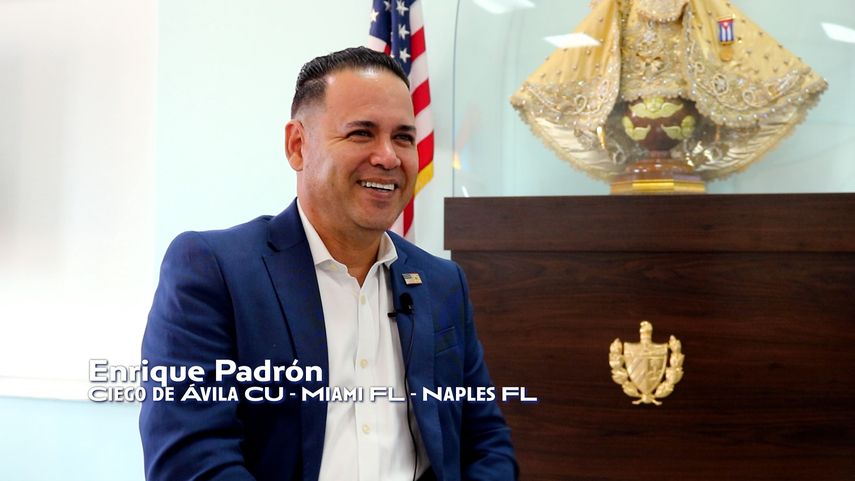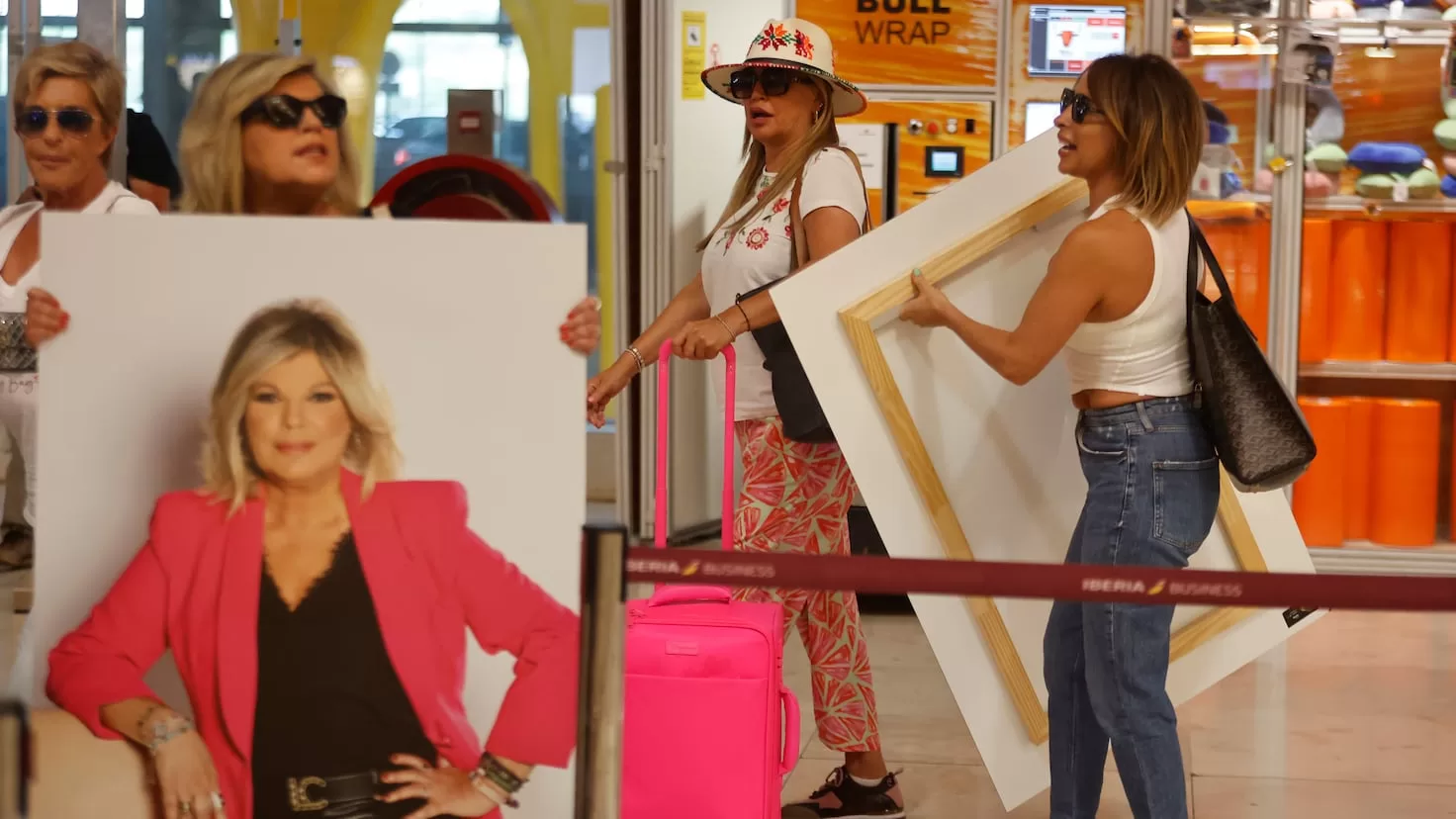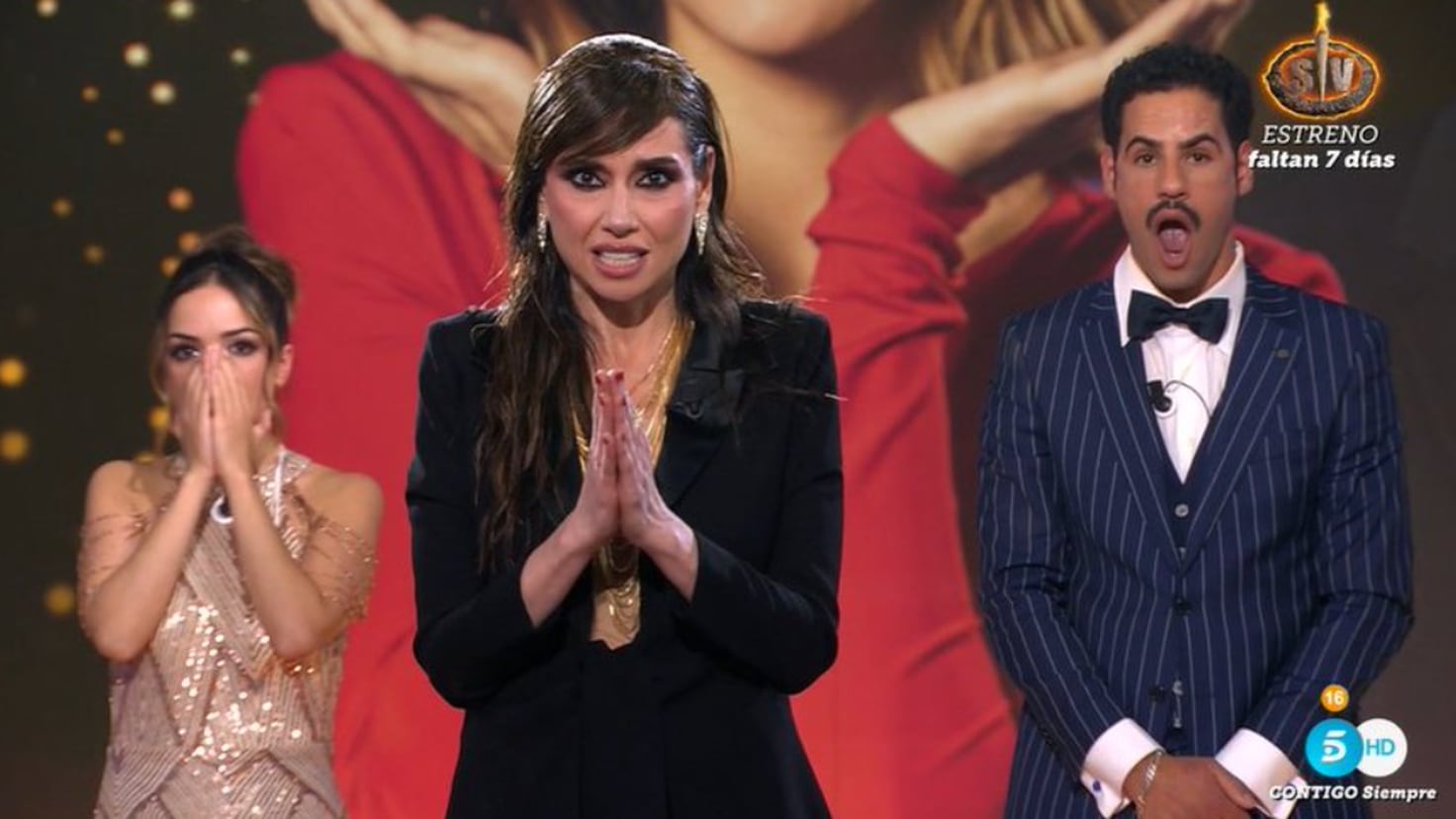MIAMI.- One of the problems that Cubans face in their long 65-year exile is asking themselves: where am I from? or what am I really? This reality significantly influences the identity of those who left the island as children, adolescents or adults. This reality is even more complex for the youngest.
An attempt has been made to find the answer in different ways, one of them through documentary film Children of the diaspora, by the young director Lunes Oa. His own case is part of the concern. He was born in Spain to Cuban parents and has lived in Miami for 7 years.
Monday Oa proposed: to investigate the national identity of Cubans or children of Cubans of the last generations and the stories of adaptation in their different host countries. “To know, not only if each person’s Cuban identity has been maintained or lost, but also how they feel towards Cuba and if they see themselves in the future in a democratic Cuba.
The 60-minute documentary will have its world premiere on Friday, May 10, at the American Museum of the Cuban Diaspora, as part of the gathering The Other Corner of Words, coordinated by the poet Joaquín Glvez.
In the film, 21 young Cubans or people of Cuban descent are interviewed. Guys: who have grown up outside of Cuba, in 9 countries. They talk about their experience of adaptation to living between two cultures and about the survival of Cuban identity despite the family history of rupture and alienation.
The interviewees reside in distant countries and regions of the world. In Scotland, Ecuador, Israel, Canada, Spain, Angola, and of course in the United States, where the majority of Cubans have settled. In the film there are interviews with descendants of Cubans living in New York, New Jersey and Miami.
The film’s producer, Ileana Pérez Drago, the director’s mother, explains how the participants were selected: Initially we identified the two general groups, Miami and the rest of the world. It is obvious that Miami is our largest home outside the Island, so here we interview the participants directly and for the rest we use internet calls. We spread the project through social networks, looking for Cubans on all continents. This is how many of the participants appeared through friends and some are children of friends from our Madrid years.
Oa, 23 years old, who is a film, television and digital production student at Miami Dade College, interviews 12 Cubans born on the Island, and 9 outside the country of their parents. Of them, 6 have never been to Cuba. In general, boys who on average are less than 35 years old. This composition provides an attractive panorama for the film.
There are 21 interviewees, all children of the diaspora trying to achieve representation not only of the places but also of the way of leaving Cuba. We wanted to show that there have been many ways to escape and that seems to me to have been reflected in the documentary, says the filmmaker.
Lunes Oa took his life experience as a starting point when he began to conceive the film: The concept emerged in 2021. I was born and raised in Madrid, we lived for three years in Panama and experienced the different cultures, from a home that remained Always Cuban, I was motivated to explore other similar stories and develop this documentary with my mother. The greatest inspiration was living in Miami, where everything brings you closer to Cubanness.
Prez Drago affirms that they did not start from a premise seeking to prove anything, but rather: the idea was to investigate, without prejudice, what those generations that were born or raised outside of Cuba feel. Open a box to learn first-hand about their testimonies, their feelings towards Cuba and see how the context in which they have grown up has influenced them in terms of their Cubanness. If you want, we are going to propose now on a reasonable premise, thinking that there must be something Cuban in them and we went to look for it.
The film student, who is undertaking his first major project, states that he is interested in sending: a message of hope and love to Cuba. We are several generations that, although we have not grown up there (some have not even set foot on the island), we have a feeling that is born from our families, from their nostalgia and love for Cuba, which has been transmitted not only through the blood, but also of tradition and passion.
Ileana Pérez Drago, an architect by profession, establishes a bridge between her son’s documentary and the place where it will have its premiere. The name of the documentary intuitively takes us to the museum of Cubans in their diaspora, so we thought from the beginning that this was its natural place, so to speak. When speaking with the poet Joaquín Glvez, he offered us his cultural space, The Other Corner of Words, which will soon be 15 years old, now in its headquarters at the American Museum of the Cuban Diaspora.
Monday Oa and her mother thank the friends who donated in the Crowdfunding that allowed them to finish the documentary, the ArtesMiami Foundation and its president Aida Levitón and the Herberto Padilla Foundation and its president María Padilla, who have supported them to participate in the festivals and publicize our premiere.
Children of the diaspora premieres on Friday, May 10, at 7:30 pm, at the American Museum of the Cuban Diaspora, 1200 Coral Way, Miami, 33145. More information at 305.529.5400.



